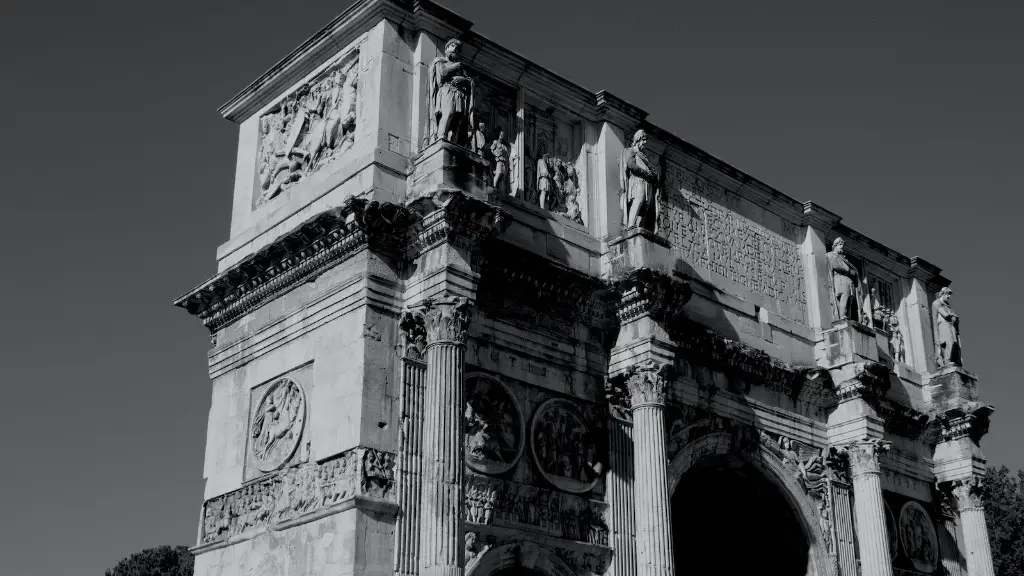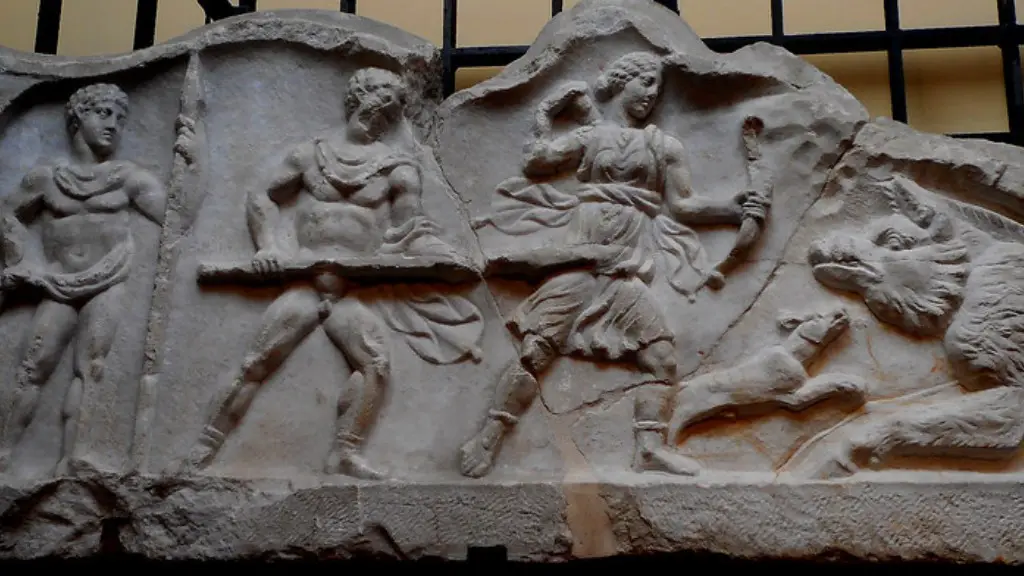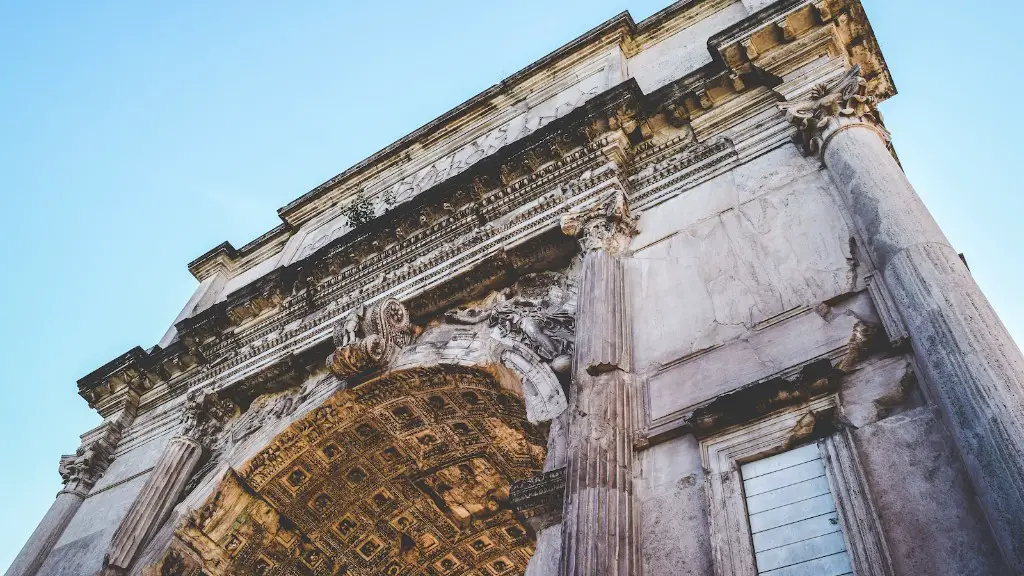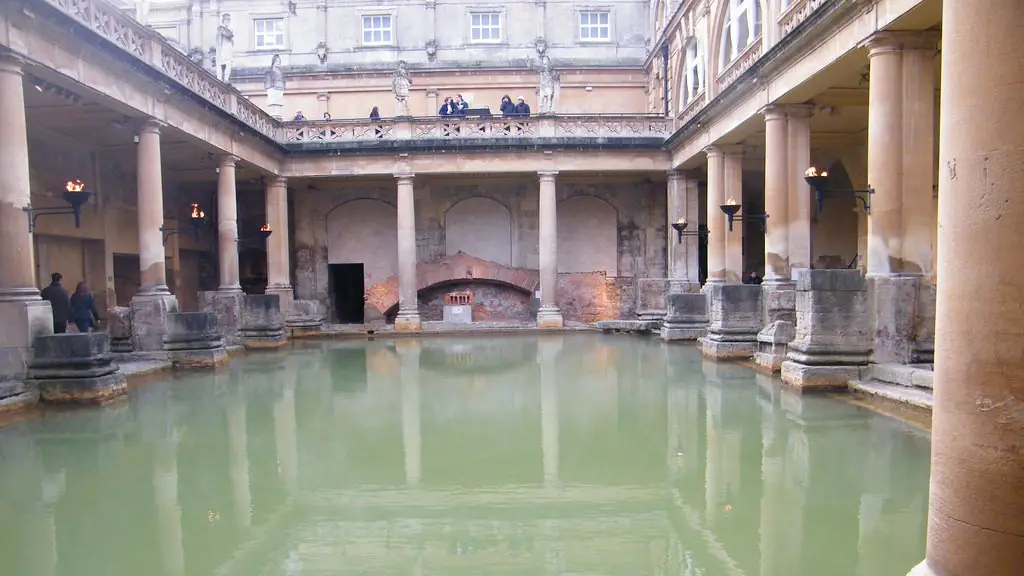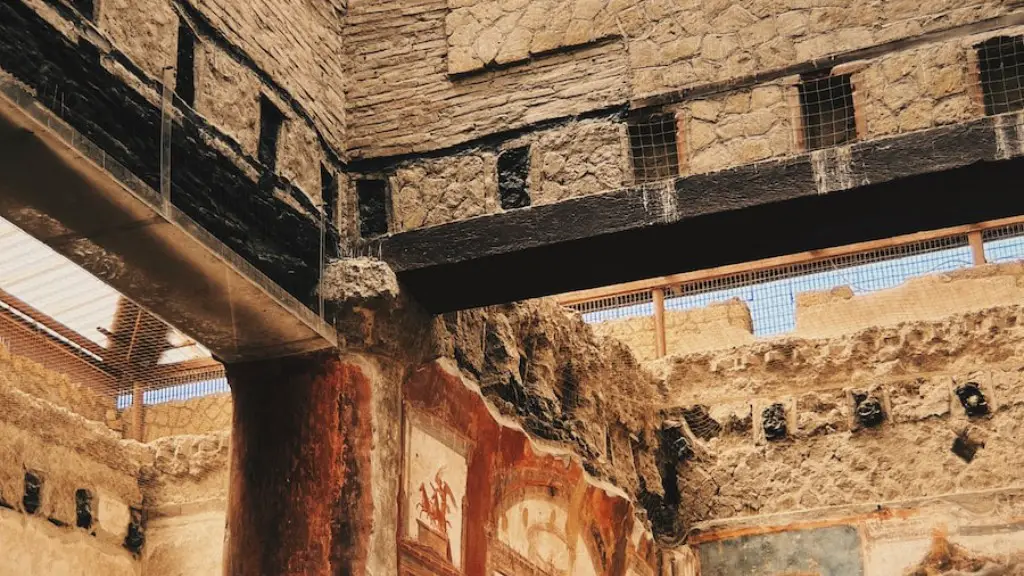Consuls
The Roman Republic was a state in ancient Rome from 510 BC until 27 BC, when the Roman Empire was established. In the Roman Republic, the two highest officials were consuls, who were elected annually. The consuls were a major source of political authority and held the highest powers in the state. This article will explore the roles of the consuls in the Roman Republic.
Originally, the two consuls were elected each year by the Assembly of the Roman people. The consuls presided over the Senate, which was the main political body in charge of making laws and overseeing military, finance and justice. They had authority to appoint magistrates and could veto any act passed by the Senate. Furthermore, they both had equal control over foreign and military affairs. They could also declare war and peace, ratify treaties and enact laws.
The consuls were also part of an executive triumvirate. Each of the three members, including the two consuls and a praetor, held their positions for one year, and their duties included carrying out the laws and administering justice. This enabled them to act in the public interest and provided a form of checks and balances in the Roman Republic.
The consuls were responsible for carrying out the decisions of the Senate and the people. They frequently consulted with the Senate, held meetings and had the power to veto any action of the Senate. They might have acted as a ceremonial figurehead, but in practice, they held considerable power.
The consuls were not just politicians — they also commanded the army. When a consul was elected, he had to appoint a team of advisors to help him govern and manage military and foreign affairs. He would also appoint magistrates and military officers, who would be the consuls’ commanders in the field, and receive orders directly from the consuls. Thus, the consuls had considerable military power and could control Rome’s armies both at home and abroad.
The consuls were not just symbols of power, they were also guardians of the Republic’s laws. As such, they were required to uphold the constitution and the laws of Rome. The consuls were also expected to protect Rome from internal and external threats. This responsibility led to many instances of the consuls leading armies against enemies of the state. In so doing, the consuls protected the rights and freedoms of the Roman people.
The consuls also served as an important financial source for the state. They had the power to raise funds by imposing taxes, collecting tribute from allies and raising revenue from foreign conquests. This gave the consuls considerable financial power, since they could increase the state’s wealth and fund major building works and military campaigns.
Power of Consuls
In addition to the various responsibilities of the consuls, they also exerted considerable influence on the politics of the Roman Republic. Since their opinions had considerable weight, the consuls were often able to impose their will on the Senate and dictate how the Republic should be governed. Through their power, the consuls were also able to install their own candidates as magistrates and influence the voting of the Assembly. This enabled them to control the direction of the state, and effectively exercise their power over the entire Republic.
The consuls were also a powerful symbol in the Roman Republic. In addition to the considerable powers they held in practice, they were also an emblem of the Republic, and were seen as protectors of Rome’s ideals of freedom and justice. Citizens of Rome respected and admired the consuls, and their influence in the Republic was very strong.
The consuls had considerable authority in Roman society, but their powers were not limitless. They had to abide by the laws of the Republic, and any action taken had to be approved by the Senate. Furthermore, the consuls could only serve for a year at a time, and their power was only as great as the support they received from the Senate and the Roman people. Ultimately, the consuls enjoyed significant authority, but they were limited by the framework of the Republic.
Decline of the Consuls
The office of the consuls in the Roman Republic began to decline in the Late Republic. Uncontrollable military ambitions started to drain the state’s resources, and the Senate’s power had been effectively weakened due to the increasing power of the consuls. This led to increasing political instability, and eventually, civil war. In 27 BC, the Republic was dissolved and replaced with the Roman Empire in which the consuls lost their traditional powers.
In the period following the fall of the Roman Republic, the consuls’ powers were greatly diminished. While they were still elected, they were no longer the ruling body in the state and had limited influence on the politics of the Empire. Their duties shifted from military and judicial matters to administrative and ceremonial tasks. Through this shift in duties, the office of the consuls became largely ceremonial, and the consuls lost much of their traditional powers. They continued to be elected, but their influence was greatly reduced.
Modern Use of term Consul
The term ‘consul’ is still used in modern diplomacy. Consuls are diplomatic representatives of one state in another country, and can be appointed for a variety of reasons, such as promoting cultural relations, offering consular assistance to citizens, and representing a state in matters of foreign policy. This is different from the Roman Republic, in which the consuls held the highest offices in the state and had extensive powers. In modern diplomatic service, these powers are far diminished, and the consuls have a much more limited remit.
The term consul is also used in commercial and maritime contexts. A consul is a type of commercial agent who acts on behalf of a business or an individual as a representative to foreign companies or individuals. Similarly, a consul is appointed by a ship’s captain to take charge of the crew and to carry out the captain’s orders in a port. The consul has few powers, and his role is largely administrative. This is drastically different from the authority wielded by the consuls in the Roman Republic.
Symbolic Role of Consuls
The role of the consuls in the Roman Republic was both practical and symbolic. Although their position was largely ceremonial, they were respected as symbols of the Republic’s power and ideals. The importance of the consuls in Roman society was reflected in the fact that they were elected by the people, and could not be removed from office until their year of service had ended. The consuls were a powerful symbol of the Republic, and their positions reflected the importance of maintaining a balance of power and upholding the ideals of freedom and justice.
Today, the term consul is still used, although its meaning has changed and its powers have been diminished. However, the symbolic importance of the consuls in the Roman Republic continues to be remembered and respected, and the spirit of their positions lives on in the modern concepts of foreign and commercial representatives.
Conclusion on Roles of Consuls
The roles of the consuls in ancient Rome were varied and complex. They had considerable political and military authority and exercised a great deal of influence over the politics and affairs of the Republic. They were symbols of the Republic’s ideals and held a great deal of respect from the people. As time progressed, the office of the consuls changed and their powers diminished, but their legacy and importance in Roman society continues to be remembered.
